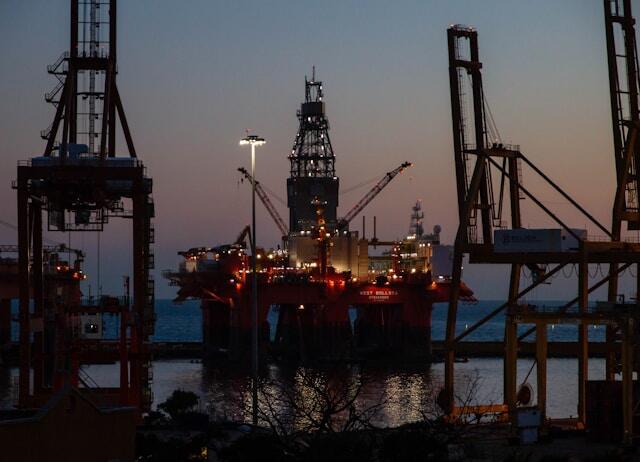
Milan-based engineering company Saipem is strengthening its position as a key player in Angola’s offshore energy sector, having secured multiple high-value contacts worth a combined $4.5 billion. The bulk of these contracts have been awarded by French multinational energy company TotalEnergies, one of the world’s largest oil and gas companies.
TotalEnergies Contracts
Saipem has secured three new contracts with an overall value of $3.7 billion. The contracts have been awarded by TotalEnergies EP Angola Block 20, which is a subsidiary of TotalEnergies. They relate to the development of the Cameia and Golfinho oil fields, approximately 100km offshore Angola, under Kaminho deepwater project.
The Three Contracts
The three new contracts awarded by TotalEnergies represent an extensive scope of work and include:
- The first contact involves the Engineering, Procurement, Construction, Transportation and Commissioning of the Kaminho Floating Production Storage and Offloading (FPSO) vessel. This is an infrastructure component for processing and storing hydrocarbons extracted from offshore fields. The FPSO is the first to be installed in the Kwanza Basin and will be a converted very large crude carrier.
- The second contract relates to the Operation and Maintenance (O&M) of the FPSO commissioned in the first contract. Under this contract, Saipem is required to provide operation and maintenance services for an initial period of twelve years with the potential for an eight-year extension, ensuring the company's long-term involvement in the project. They will leverage the expertise gained from three other FPSOs that are currently operating offshore in Angola.
- The third contact encompasses Engineering, Procurement, Supply, Construction, Installation, Pre-Commissioning, and Assistance for the commissioning and start-up of a subsea, Umbilicals, Risers, and Flowlines (SURF) package. This includes around 30km of 8” and 10" diameter subsea flowlines, risers, and umbilicals. Saipem will fabricate the structures in its local yard in Ambriz.
It is anticipated that production will begin in 2028 with a plateau of 70,000 oil barrels per day. TotalEnergies operate Block 20/11 with a 40% stake. Other stakeholders include Malaysia’s Petronas, with a 40% stake, and Angola’s state energy ground Sonangol, which has a 20% stake.
Additional Contract
In addition to the three contracts awarded by TotalEnergies, Saipem has also secured a contract with Azule Energy Angola S.p.A, which is a subsidiary of Azule Energy Holdings Limited – a joint venture between Eni and bp. This venture is part of the Agogo Integrated West Hub Project and relates to the development of the Ndungu Field, 180km offshore Angola. This additional contract is valued at around $850million.
Saipem’s scope of work under this contract involves the engineering, fabrication, transportation and installation of approximately 60km of rigid pipelines as well as the subsea facilities at a depth of around 1100m. It also involves the transportation and installation of flexible flowlines, jumpers and 17km of umbilicals.
Saipem will carry out fabrication activities at its Ambriz yard, positively impacting local employment and economic development. For the transportation and laying activities of the rigid pipelines, the company will deploy its deepwater field development FDS vessel, using the local supply chain for logistics, fabrication activities and offshore support.
This significant project award further secures Saipem's position in Angola, where the company is expanding its provision of efficient and innovative solutions in both deep and shallow waters.
Conclusion
Saipem’s recent contract success further underscored its standing as a leader in the field of offshore engineering and construction. Leveraging its expertise and state-of-the-art technology, the company is well-placed to deliver on these projects with efficiency and precision. Overall, these contracts demonstrate a significant investment in Angola’s energy infrastructure and signify Saipem’s commitment to sustainable development and socio-economic progress in the region.